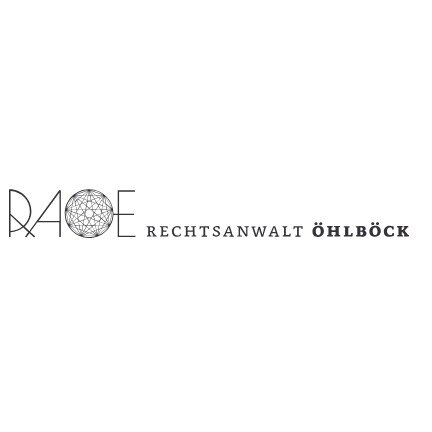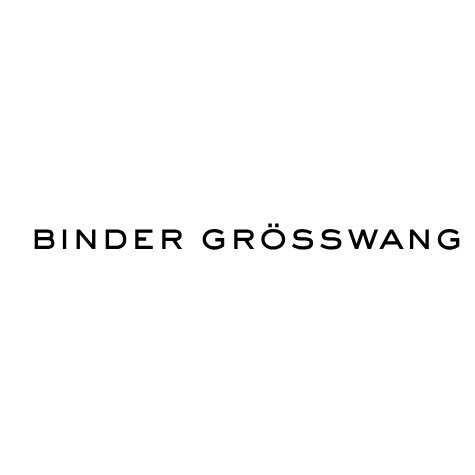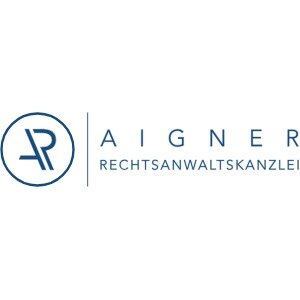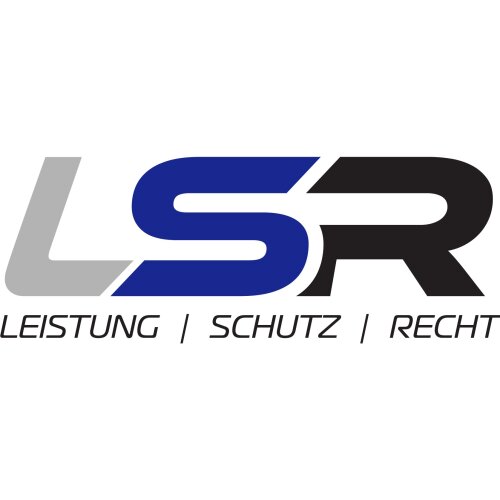Best New Business Formation Lawyers in Austria
Share your needs with us, get contacted by law firms.
Free. Takes 2 min.
Or refine your search by selecting a city:
List of the best lawyers in Austria
About New Business Formation Law in Austria
New business formation in Austria involves navigating a structured legal framework that is designed to support entrepreneurial activity while ensuring compliance with national and EU regulations. The process generally encompasses the selection of an appropriate business structure, registration with Austrian authorities, and adherence to local taxation and labor laws. Entrepreneurs have a variety of business entities to choose from, such as sole proprietorships, partnerships, limited liability companies (GmbH), and stock corporations (AG). The choice of entity influences legal obligations, tax treatment, and liability. Austria offers a supportive environment for startups, boasting a robust infrastructure, skilled workforce, and access to the European market.
Why You May Need a Lawyer
Engaging a lawyer when forming a new business in Austria can be crucial for several reasons:
- Understanding Legal Structures: Selecting the correct legal structure for your business is vital, as each comes with different implications for liability, taxation, and administration.
- Compliance with Regulations: Ensuring that your business complies with local, national, and EU regulations can be complex. A lawyer can help navigate these legal requirements.
- Drafting Contracts: Lawyers can assist in drafting and reviewing contracts to protect your interests and reduce risk.
- Assistance with Registrations: Facilitation of the registration process with Austrian authorities to ensure all legal requirements are met.
- Preventing Legal Issues: Advice on legal matters in the early stages can prevent future legal problems and disputes.
Local Laws Overview
Here are some key aspects of local laws to consider when forming a business in Austria:
- Business Registration: All businesses must be registered with the Austrian Commercial Register (Firmenbuch) and, where applicable, with the local tax office.
- Legal Forms: Austria recognizes various business entities, including GmbH, AG, general partnerships, limited partnerships, and sole proprietorships, each with different rules and requirements.
- Capital Requirements: Minimum capital requirements vary depending on the business structure. For example, a GmbH requires a minimum share capital of €35,000.
- Employment Law: Adherence to Austrian labor laws, including worker rights, contracts, health, and safety regulations, is mandatory.
- Taxation: Businesses in Austria are subject to corporate tax, VAT, and, where applicable, local taxes. Understanding the taxation framework is essential for optimal business planning.
Frequently Asked Questions
What are the most common types of business entities in Austria?
The most common types are sole proprietorships, general partnerships (OG), limited partnerships (KG), limited liability companies (GmbH), and stock corporations (AG).
How long does it take to register a business in Austria?
The registration process typically takes between one to three weeks, depending on the complexity and completeness of the submitted documents.
What are the costs associated with setting up a business in Austria?
Costs include registration fees, notarization, and capital requirements, which vary by legal form. A GmbH, for example, requires a minimum share capital of €35,000.
Is it necessary to have an Austrian bank account to start a business?
Yes, opening a local bank account is essential for business operations and for depositing the initial capital required for company formation.
Do I need to know German to start a business in Austria?
While not legally required, knowledge of German can be beneficial for understanding legal documents and communication with authorities and partners.
Can foreigners start a business in Austria?
Yes, foreigners can start a business in Austria, but they may need to meet additional requirements, such as obtaining residency permits or specific types of visas.
What taxation applies to businesses in Austria?
Businesses in Austria are subject to corporate tax, VAT, and might be liable for local taxes, such as trade tax (Gewerbesteuer) depending on their location and business type.
Are there incentives for startups in Austria?
Yes, Austria provides various incentives for startups, including grants, tax benefits, and support from incubators and accelerators.
What are the potential liabilities of a business owner in Austria?
The liability depends on the business structure. For instance, shareholders of a GmbH have limited liability, while sole proprietors are fully liable for business debts.
Is a formal business plan required in Austria?
While not legally mandated, a formal business plan is recommended to outline the business strategy, secure financing, and help in the business registration process.
Additional Resources
Here are some valuable resources for individuals seeking legal advice on new business formation in Austria:
- The Austrian Federal Economic Chamber (WKO): Provides detailed information and support for business start-ups.
- The Austrian Business Agency (ABA): Offers support services to foreign investors considering Austria as a business location.
- The Federal Ministry for Digital and Economic Affairs: Provides information on regulations and requirements for business operations.
- Local Business Centers: Many government and private centers offer workshops and advice on starting a business in Austria.
Next Steps
If you think you need legal assistance with forming a new business in Austria, consider the following steps:
- Consult a Legal Expert: Engage a lawyer specialized in business law in Austria to provide guidance specific to your situation.
- Research and Prepare: Gather information on business forms, registration processes, and legal requirements relevant to your intended business type.
- Contact Relevant Authorities: Reach out to Austrian authorities or business agencies for official guidance and to clarify registration requirements.
- Network: Connect with other entrepreneurs and business networks in Austria to share experiences and gain insights.
Lawzana helps you find the best lawyers and law firms in Austria through a curated and pre-screened list of qualified legal professionals. Our platform offers rankings and detailed profiles of attorneys and law firms, allowing you to compare based on practice areas, including New Business Formation, experience, and client feedback.
Each profile includes a description of the firm's areas of practice, client reviews, team members and partners, year of establishment, spoken languages, office locations, contact information, social media presence, and any published articles or resources. Most firms on our platform speak English and are experienced in both local and international legal matters.
Get a quote from top-rated law firms in Austria — quickly, securely, and without unnecessary hassle.
Disclaimer:
The information provided on this page is for general informational purposes only and does not constitute legal advice. While we strive to ensure the accuracy and relevance of the content, legal information may change over time, and interpretations of the law can vary. You should always consult with a qualified legal professional for advice specific to your situation.
We disclaim all liability for actions taken or not taken based on the content of this page. If you believe any information is incorrect or outdated, please contact us, and we will review and update it where appropriate.
Browse new business formation law firms by city in Austria
Refine your search by selecting a city.
















